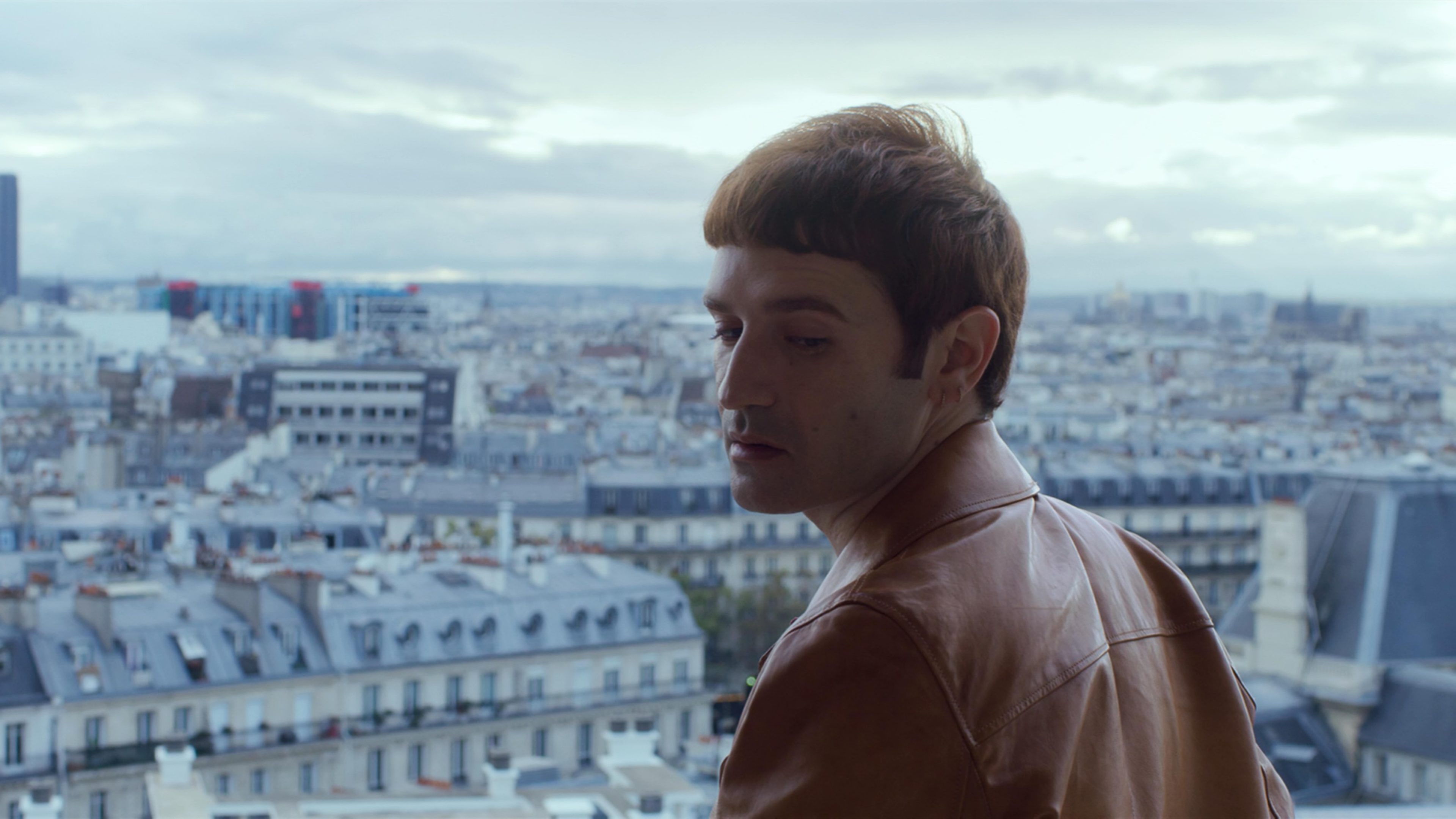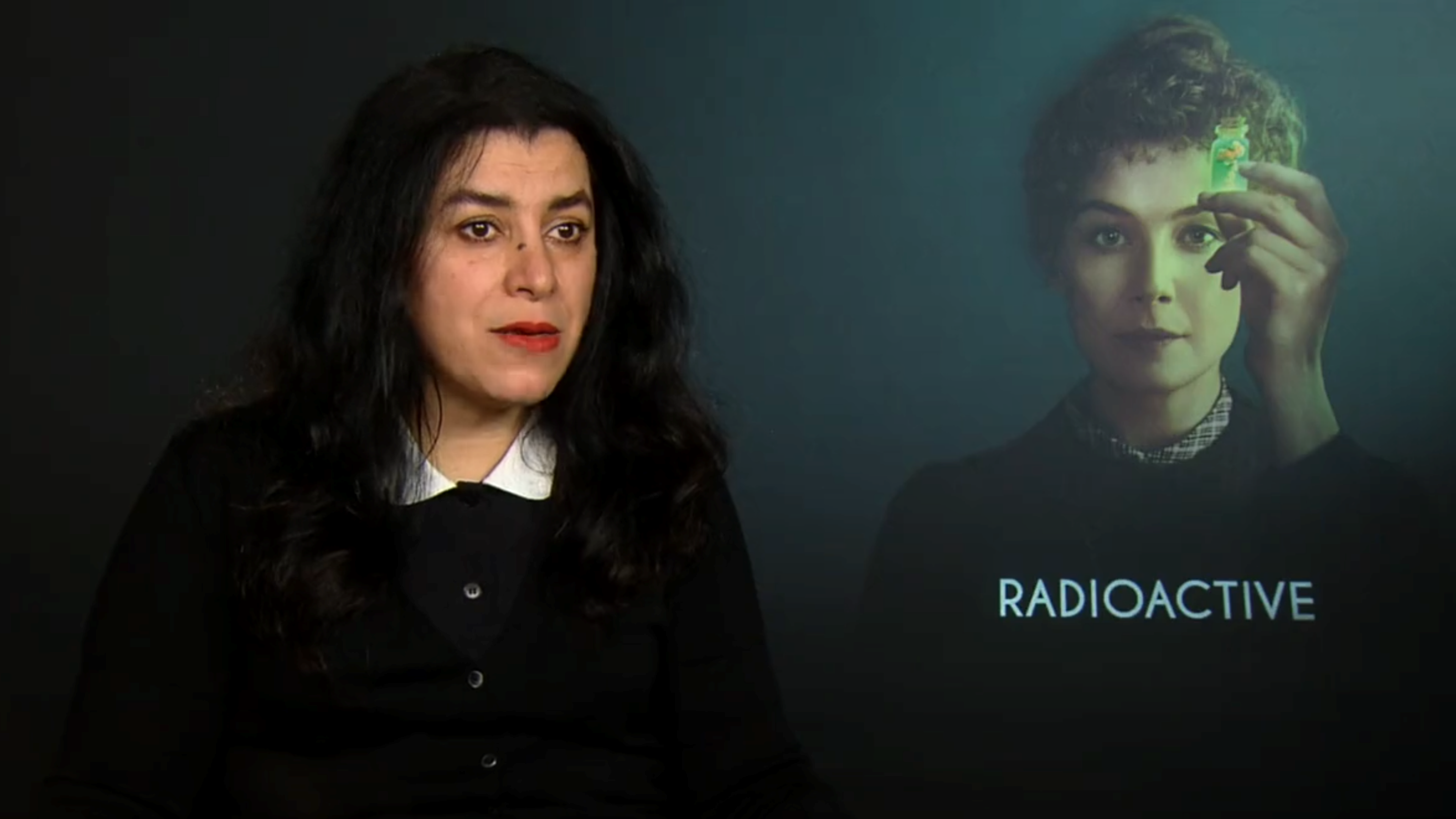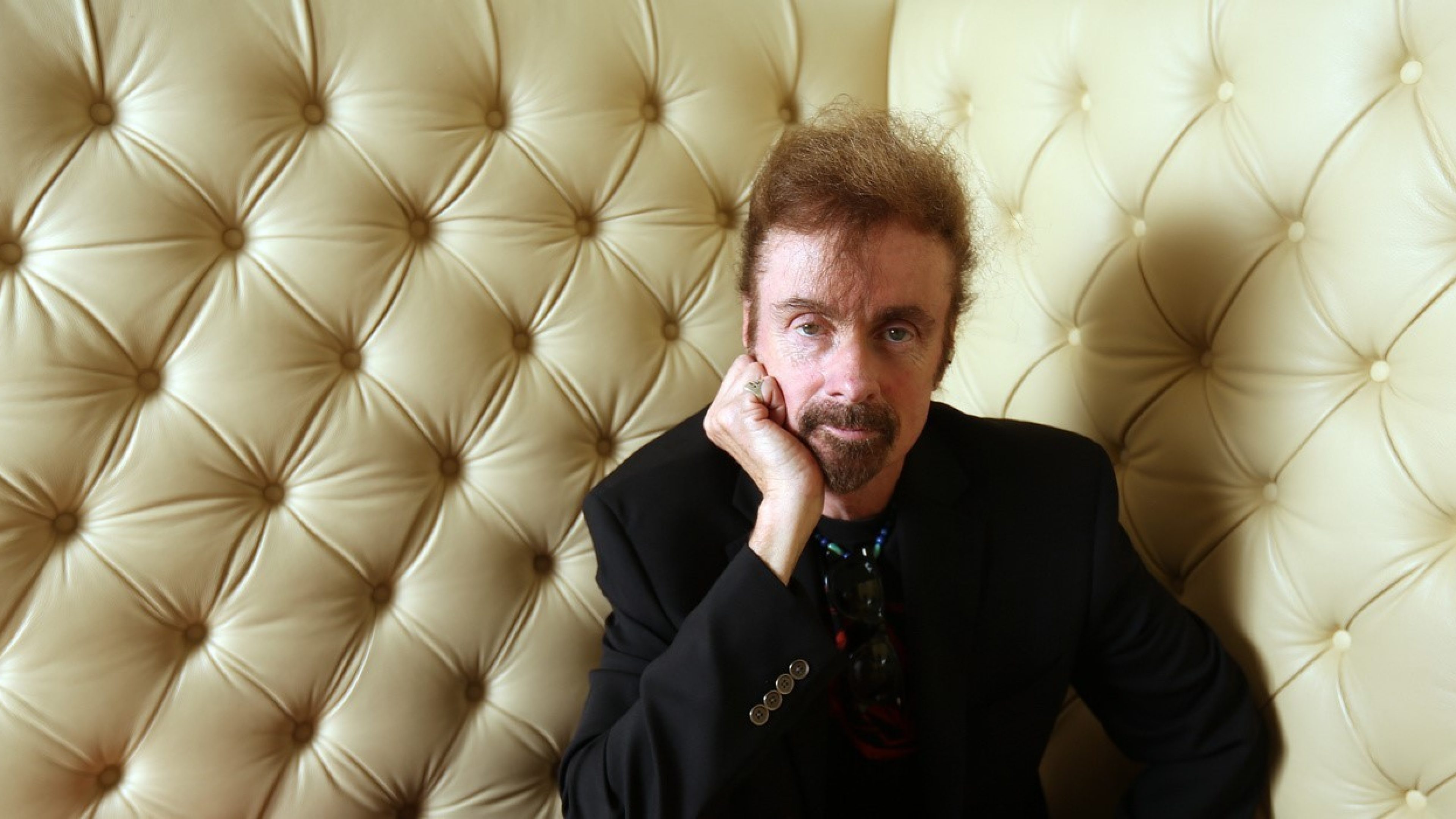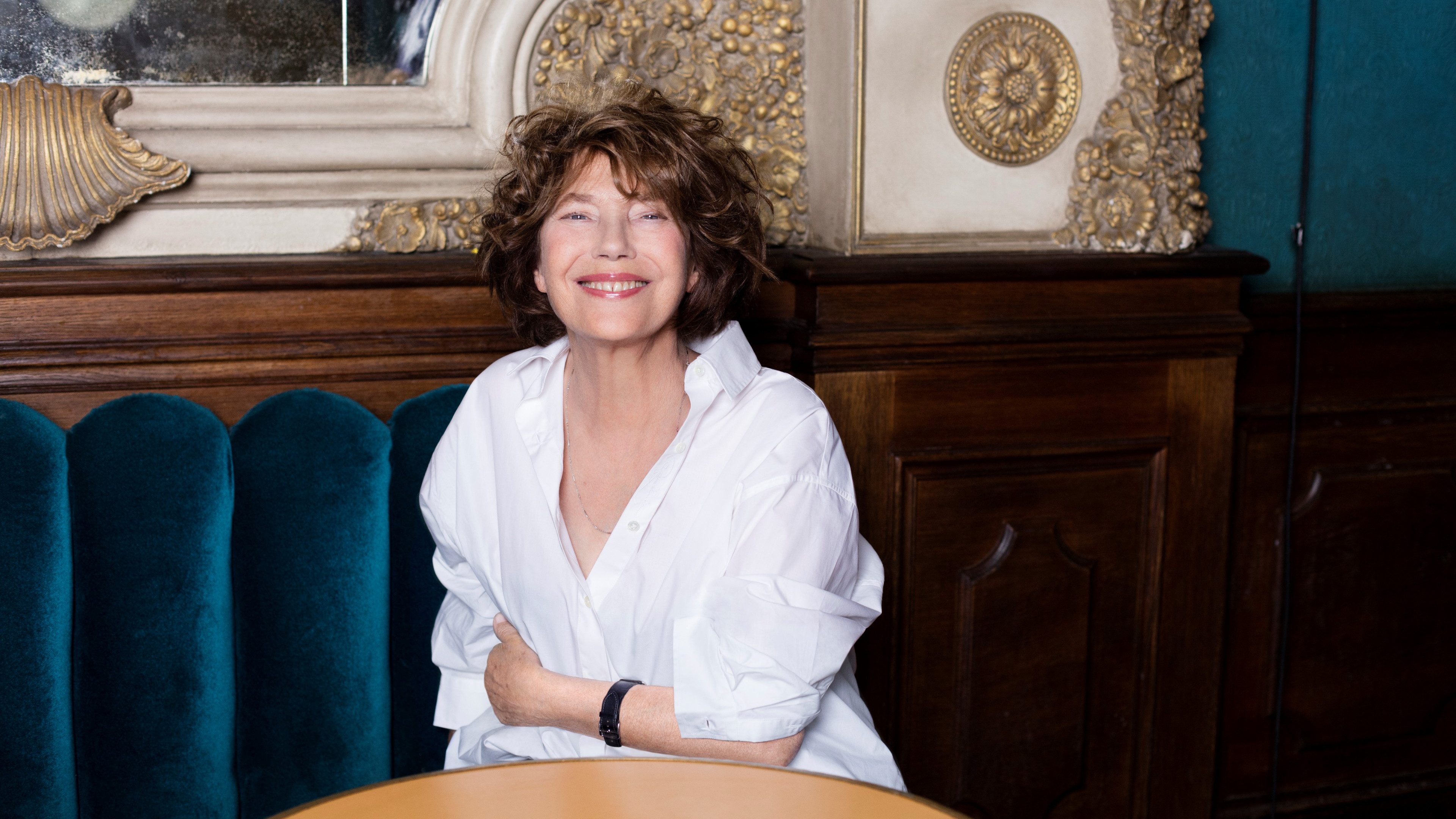Frenchman Nicolas Maury is one of the rising stars of European film and a stand-out figure. With his gentle manner and expression of feelings, he embodies a new masculinity. We talked to him about his struggle for a self-determined life and the power of cinema.
Cinemas in most European countries are open again at last. You once said that cinema “repairs” people. What did you mean by this?
I firmly believe that fiction can heal us and teach us things. Many people think we learn things from documentaries we stream on the Internet – but we are really just being confronted with formatted information. At the cinema, with fiction on the big screen, it’s different. For one thing, beauty fundamentally refreshes, expands and repairs the mind. Moreover, this act of watching someone else living and identifying with them sets our thoughts in motion. We recognise ourselves and start to think about ourselves afresh. This can be very healing.
You also achieved this with your role as the homosexual Hervé in the French Netflix hit “Call My Agent!”. Many young men wrote to you and thanked you because they recognised themselves in this character and in doing so found a way to talk about their sexuality. Did you expect to trigger something like this?
Not at all, but I’m very happy about it and it means a lot to me. I hope that what I do is political in a poetic manner and helps young and old people alike to accept themselves for who they are, not just in terms of their sexuality but overall. I don’t wish to be an artist who only conveys one message and only makes films for certain groups of people.
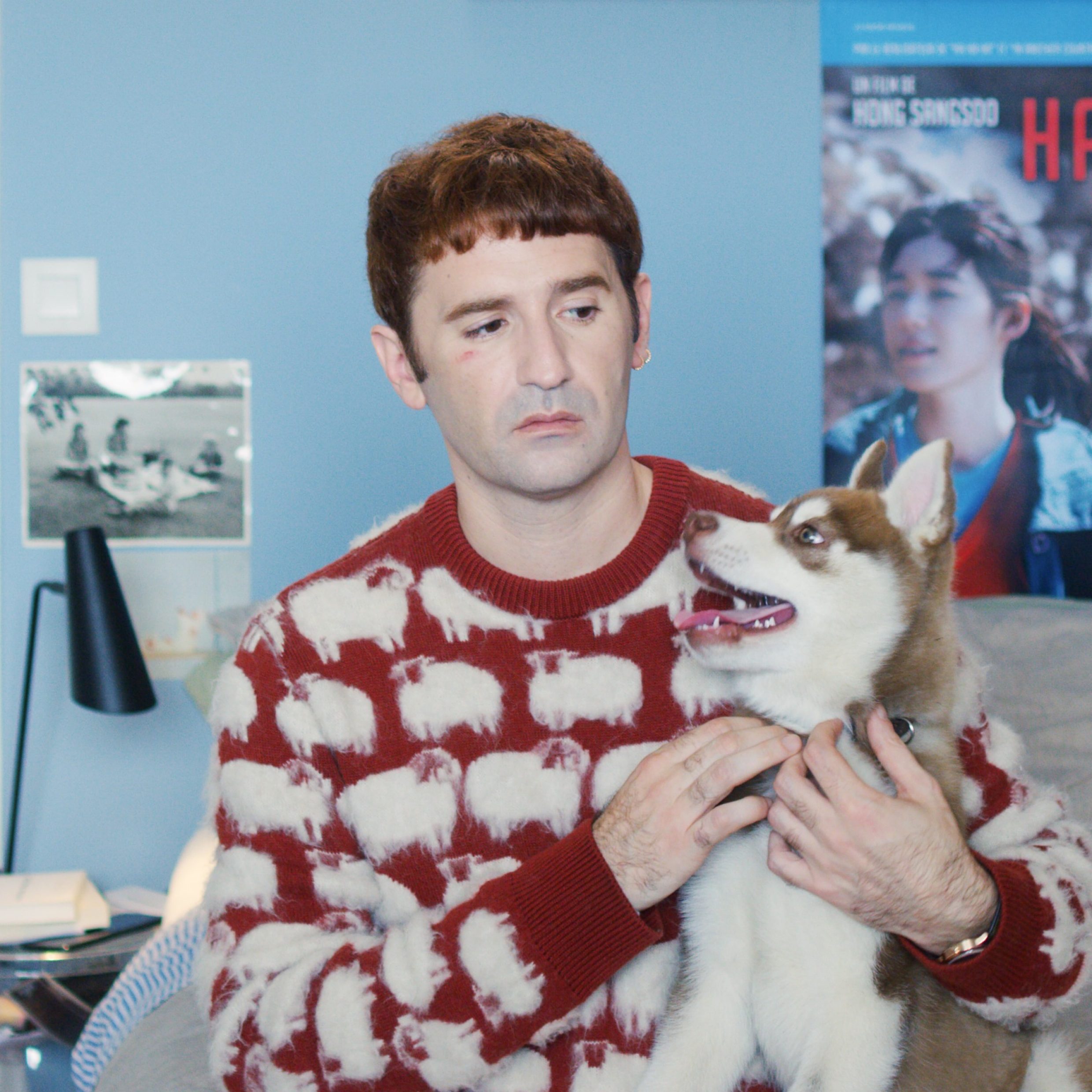
In your current film My Best Part, you also add some sparkle to a fragile character, which led to your nomination as “European Shooting Star” at the 2021 Berlinale…
…“Shooting Star” – what a title! I’m thrilled to have got that far at 40 (laughs).
In the film you portray the actor Jérémie, who is searching for himself, for a self-determined life – and who is ultimately saved by the theatre. Was it the same with you?
Saved is perhaps a little exaggerated. But yes, I love the theatre. It questions life and simply makes it much nicer. It connects me with something very original, almost ancient. It makes me human in a certain way, maybe too human.
You display your personal fragility very openly in this film. Does this presentation of one’s own vulnerability correspond to the zeitgeist?
I was influenced by French cinema in the 1990s, with the films of Noemie Lvovsky, Laurence Ferreira and Olivier Assayas. They all depicted figures who convey their sensitivity to the outside world and admit that they can’t cope with the social pressure to make something of themselves, to have a family and a career. So, this is not really new. But it’s true that you see such characters much more frequently in films today. However, I often get the impression that this is following a trend rather than an inner necessity.
What do you mean?
Today you often see young protagonists who stumble through their lives and don’t really progress but are nevertheless totally sweet and funny. I can’t really understand this, it seems disingenuous to me. That’s precisely what I try not to do. I try to be as honest as I can and not just assume some persona.
Was that your intention with this film? In My Best Part (“Garçon chiffon”), you not only play the lead role, but also wrote and directed the script for the first time.
Yes, I wanted to be as honest as possible and portray a central male figure full of contradictions. Jérémie is sometimes unbearable on purpose, but as a viewer you often want to embrace him. He is not simply a victim of society, but also weakens himself. Becoming a self-determined person is hard and requires a lot of work and discipline. And the film also has a political dimension, in the sense that we must also portray male heroes who don’t have a motorcycle helmet and a very deep voice.
Do you want to redefine masculinity?
Maybe we should just stop looking at masculinity as a fixed concept as it leaves too little scope for self-determination. We should free men from this formula which says that you’re either the nice loser or the strong guy. There are a thousand variations in between. And we should leave scope for these so that every man can express himself personally instead of being defined externally.
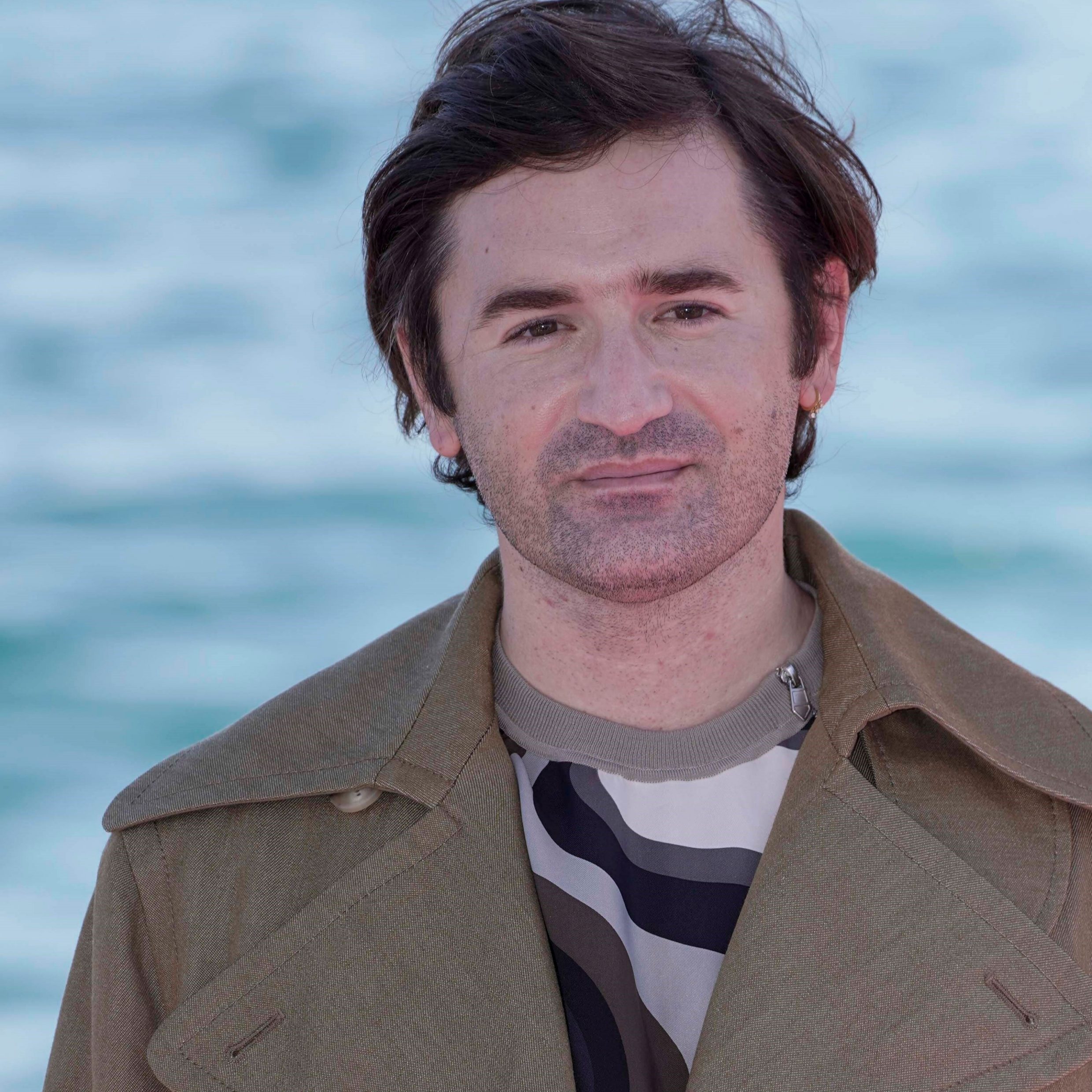
Your trademark is your special, rather high and soft voice. Being honest, were there ever any moments when you were tempted to manipulate it to match the classical male voice?
I think some actors do indeed feel this temptation to disguise themselves, to somehow reverse their polarity. But never me, I’ve always been true to myself. Not because I find myself so gripping, but because I believe that I can trigger something with my voice that also touches other people. It is an important tool for this.
You have also spoken out publicly for the concerns of the LGBTQ+ community and are President of the Queer Palm at this year’s Cannes Film Festival.
Yes, this is a mission of great political importance for me. What I like about the Queer Palm is the idea of rewarding a cineaste and highlighting his world, however big, dangerous and exciting it may be.
Has the awareness of equal treatment not yet been sufficiently awakened in the cultural milieu?
Many people think that the cultural milieu is a very open place. However, although the minorities are more equally represented in film today, we should not assume too quickly that cinema is a place in which LGBTQ+ people are always treated kindly. Be it in the music or film scene, we still have a lot of work to do.

Nicolas Maury
French actor Nicolas Maury (40) is one of the rising stars of European film and was singled out as “European Shooting Star” at the 2021 Berlinale. He became internationally renowned for his role as Hervé in the French Netflix hit “Call My Agent!” Last autumn, his directorial debut My Best Part was released, which is nominated as best debut film at the 2021 Césars. Maury stands out due to his melancholic, gentle manner, his open approach to his homosexuality and his very playful and free style. He follows a very self-determined path, does not try to conform and is publicly committed to the concerns of the LGBTQ+ community.
